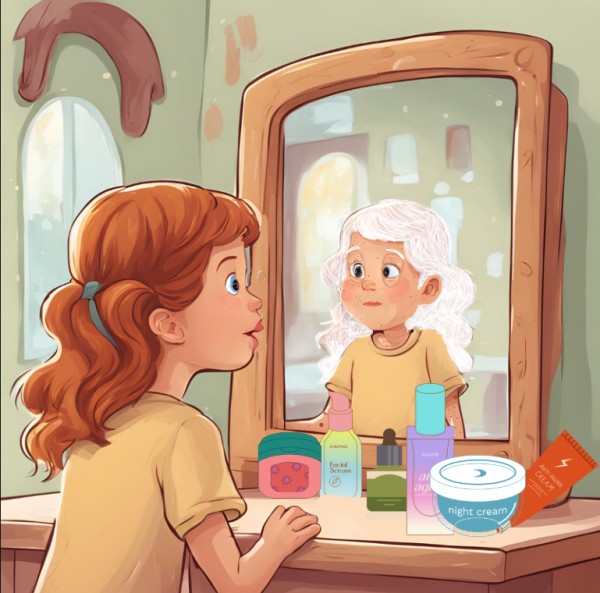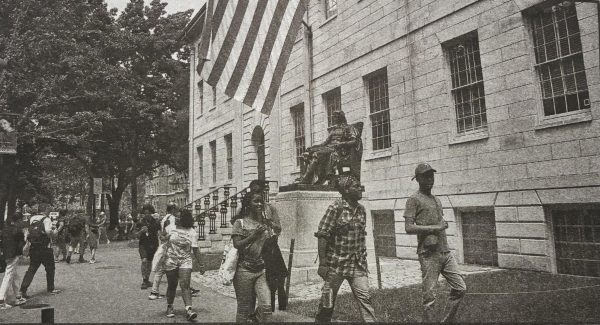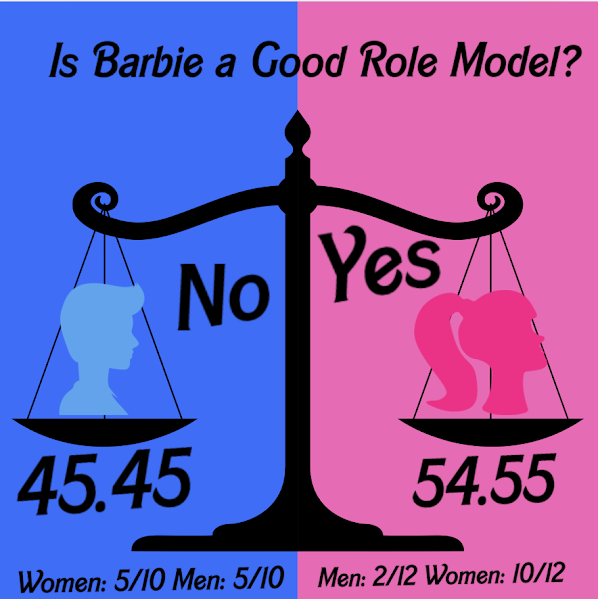Editors’ Debate: LGBT Education: Yay or Nay – Con
Stopping discrimination against any group of people would not be objected to by anybody. Although the new Lesbian, Gay, Bisexual, and Transgender (LGBT) law sounds like an inspirational message for inclusion, it is actually a dangerous one in terms of constitutionality.
Under this new law, New Jersey middle schools and high schools will be required to “adopt inclusive instructional materials … that portray the cultural and economic diversity of society including the political, economic, and social contributions of persons with disabilities and lesbian, gay, bisexual, and transgender people … and shall first apply to the 2020-2021 school year.”
Although New Jersey lawmakers may think that this legislation is a good idea, the one-page bill does not provide any specific guidelines or framework for how the curriculum should be taught in schools.
In addition to the bill’s lack of specification, it does not allow local school boards to make the decision whether to include the curriculum into the schools that they have jurisdiction over. Instead, the inclusion of this curriculum was decided at the state level, which disregards the authority that school boards possess in their local districts.
According to the article “‘Gay Virtue Curriculum’: Identity Politics Gone Wild,” an attorney and independent journalist named Tommy De Seno wrote: “This new law is state government stealing power from the locals. You know who should ultimately decide curriculum? Education professionals, answerable to school boards, who get voted in by parents.”
Speaking of parents, some are worried about the fact that their children may be exposed to political indoctrination if schools implement an LGBT-inclusive curriculum into their Social Studies classes. This causes concern among parents for good reason because they don’t want the school or government to influence their child’s beliefs or to persuade their child into thinking a certain way about a specific political issue.
The reason that students honor historical figures is because of the contributions that they made to society, not because they identified as LGBT. Historical figures should be honored based on their character instead of their characteristics.
Typically, students learn about the history of discrimination against people of color, such as African-Americans, Asians, Hispanics, and Native-Americans, or people who belong to a certain religion, such as Christianity, Islam, or Judaism. But should students be taught the history of discrimination against people who identify with either their sexual orientation or gender?
As a political activist and social reformer, Jane Addams once said, “The child becomes largely what he is taught; hence we must watch what we teach, and how we live.”










